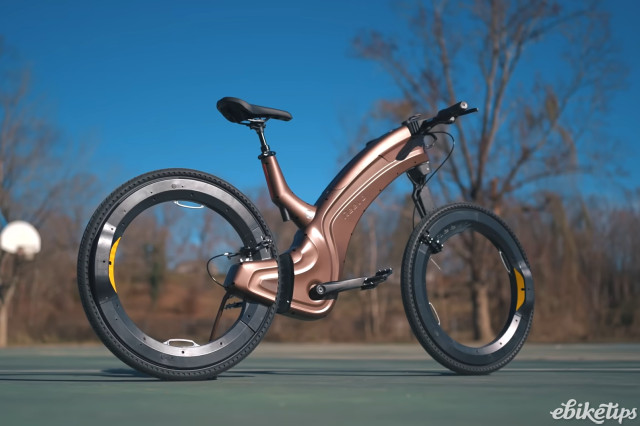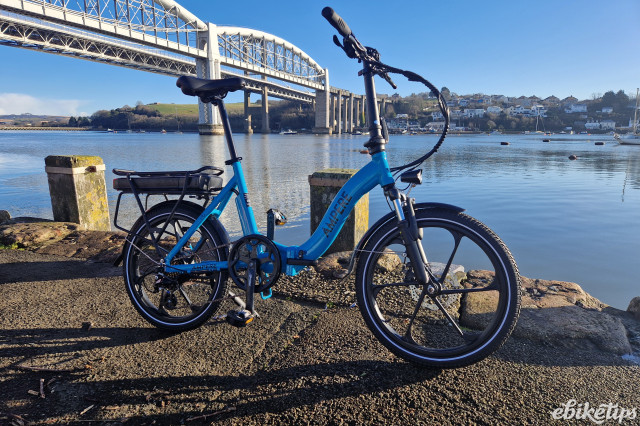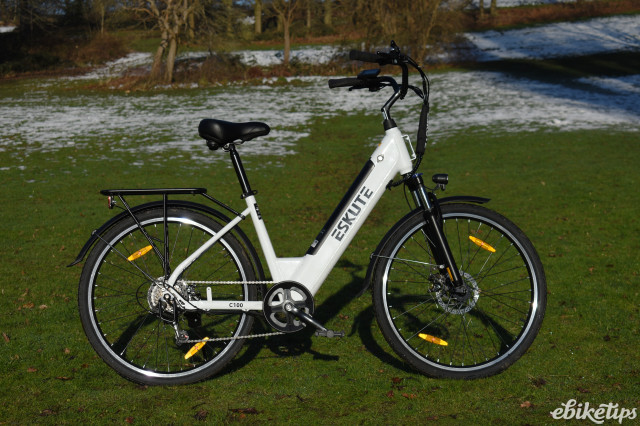Earlier this year, Honda, Kawasaki, Suzuki and Yamaha announced the formation of Gachaco, a company through which the four firms would standardise swappable electric batteries for light electric vehicles (LEVs). Gachaco has now begun sales of battery swapping stations in Japan.
The premise of battery swapping is straightforward. Rather than stopping and waiting around while their vehicle recharges, riders of electric bikes, mopeds and motorbikes instead swap out their flat batteries for full ones.
LEV battery swapping has taken off enormously in Taiwan where exchange stations are reportedly likely to outnumber petrol stations before the end of the year.
We’ve also reported that the technology is being trialled in Europe through Swobbee, who make no bones of the fact that their operations are based on those of the main Taiwan battery swap firm, Gogoro.
Not to labour the point, but it’s a big deal over there. Gogoro are carrying out around a third of a million battery swaps a day.
Needless to say, the big Japanese manufacturers have seen all of this and are attempting to set up something similar.
Going by the fact Gachaco’s battery swapping station is (rather clumsily) labelled the Honda Power Pack Exchanger e: the project appears to have coalesced around Honda’s technology.
These stations have recently gone into production in the hope that they will, “achieve widespread use inside and outside of Japan.”
One market they appear to have a particular eye on is India, where a battery sharing service for electric auto-rickshaws is already in operation using the Honda Power Pack Exchanger e:.
To swap batteries, the user taps a panel on the upper part of the exchanger with an ID card. The unit then lets the user know which fully-charged batteries are available via an LED display. After removing a charged battery, the user inserts their flat battery, which immediately begins charging for someone else.
As you’d imagine, there’s also an app, which will let users know where the nearest fully charged battery is.







